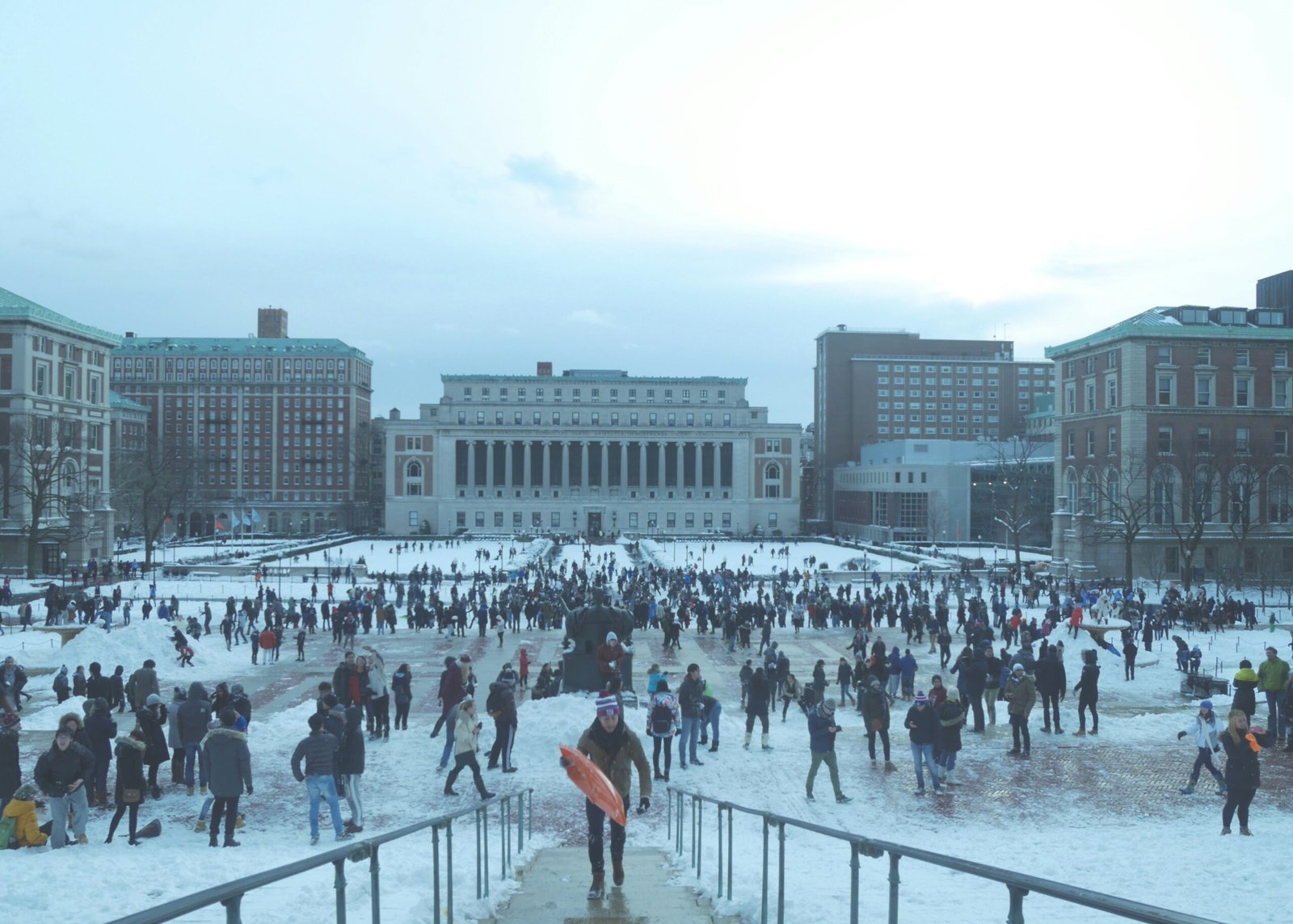Contents

Background of the Protest
Recently, a group of student protesters occupied a building at Columbia University to voice their concerns over various institutional policies and practices. The demonstration, which lasted for several days, drew significant attention from both the university administration and the public.
Legal Actions Taken
In the wake of the occupation, several students were arrested and faced multiple charges, including trespassing and disorderly conduct. The legal ramifications of these actions were closely watched as they unfolded, with many wondering what the final outcome would be.

Charges Dropped
In a recent development, prosecutors have announced that most of the charges against the student protesters will be dropped. This decision has been met with mixed reactions. Many students and supporters of the protest see this as a victory for freedom of expression and activism on campus. On the other hand, some believe that it sets a concerning precedent for how such actions are handled in the future.
Implications for the Future
The decision to drop most of the charges raises important questions about the balance between maintaining order and respecting the rights of students to protest. Columbia University, like many other institutions, must navigate these complex issues as they arise. This case will likely be referenced in future discussions about student activism and the appropriate responses to it.
OUR SITE: toinewsalert.com
